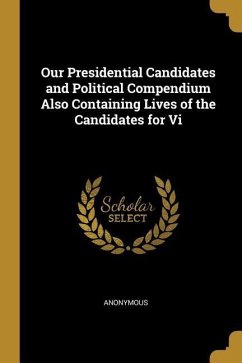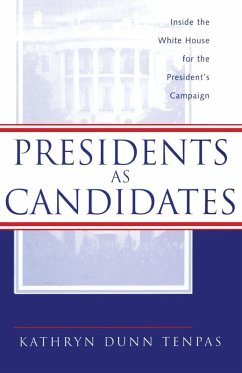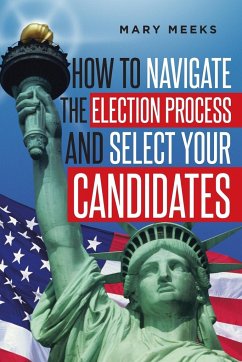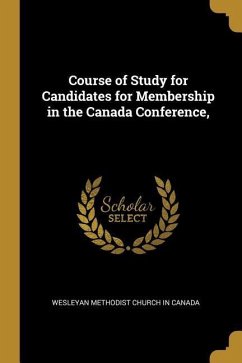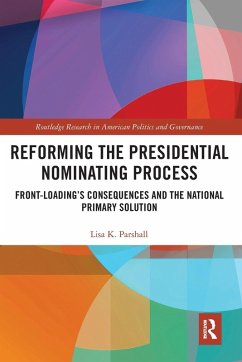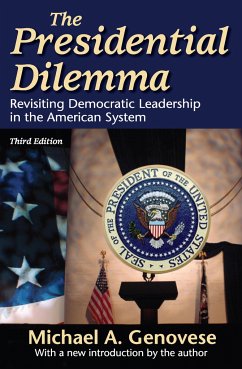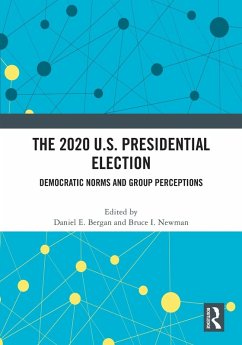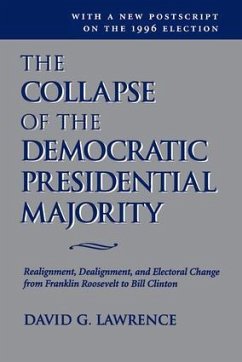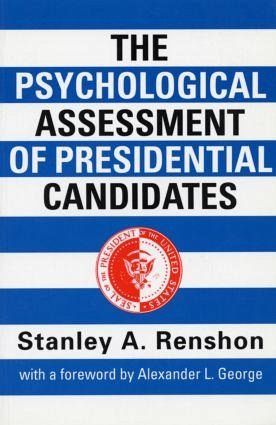
The Psychological Assessment of Presidential Candidates

PAYBACK Punkte
22 °P sammeln!
Looking back over the past 25 years, Stanley Renshon explores how the issue of character has come to dominate presidential campaigns. Drawing on his clinical and political science training, Renshon has devised a theory which allows the public to evaluate the qualities of presidential candidates.





